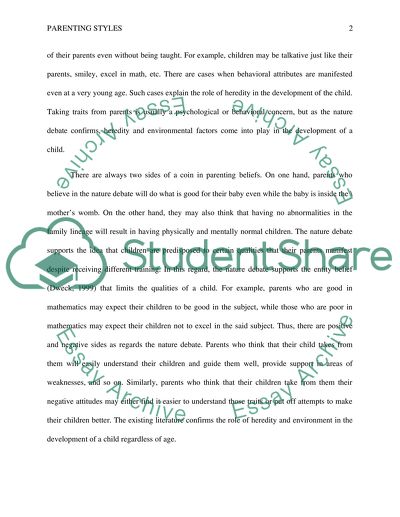Cite this document
(“Parenting Styles Term Paper Example | Topics and Well Written Essays - 2250 words”, n.d.)
Retrieved from https://studentshare.org/psychology/1437162-parenting-styles
Retrieved from https://studentshare.org/psychology/1437162-parenting-styles
(Parenting Styles Term Paper Example | Topics and Well Written Essays - 2250 Words)
https://studentshare.org/psychology/1437162-parenting-styles.
https://studentshare.org/psychology/1437162-parenting-styles.
“Parenting Styles Term Paper Example | Topics and Well Written Essays - 2250 Words”, n.d. https://studentshare.org/psychology/1437162-parenting-styles.


